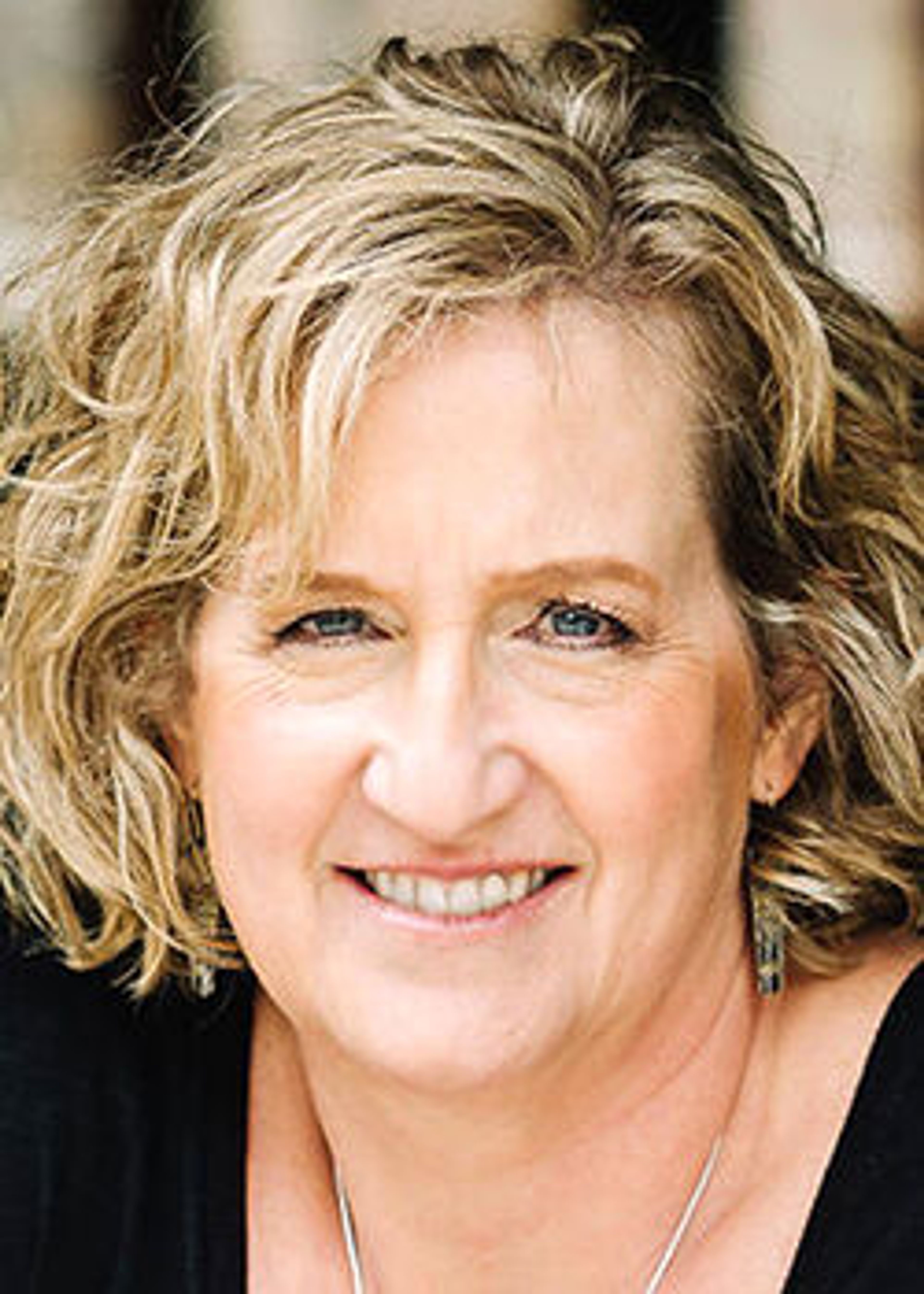Two library bills stir heated debate
Idaho House Education Committee looking at a pair of measures meant to keep harmful, explicit materials out of the hands of minors
BOISE — The Idaho House Education Committee heard heated debate on two bills Wednesday morning seeking to prevent minors from obtaining harmful materials in public and school libraries.
HB 139 would create civil penalties against library boards or districts if minors were to come into possession of materials deemed harmful, and HB 227 would direct school boards to adopt policies to prevent harmful materials from being in children’s sections and create standards for those policies.
The committee narrowly voted 9-8 to return HB 139 to its sponsor and it adjourned without voting on a motion on HB 227.
HB 139
Rep. Jaron Crane, R-Nampa, sponsored HB 139 along with Sen. Cindy Carlson, R-Riggins, and Idaho Family Policy Center President Blaine Conzatti. Crane said that because of objections to the criminal penalties in last year’s HB 666, which would have criminalized librarians if minors received harmful materials, this bill was “scaled down.”
Carlson said, “This bill is not to create animosity or frustration in this state. This legislation is to help protect the kids of our state.”
There were concerns about the civil action portion of the bill, which would allow minors or their parents or guardians to sue for up to $10,000 if a minor obtained obscene materials and the school or library didn’t take “reasonable steps” to prevent this. Committee members also expressed concern that it took away local control, and some of the definition of harmful materials.
Many of those who testified in favor of the bill had concerns about books currently on the shelves at their local public libraries and that their local library boards hadn’t been responsive enough to their concerns.
Nina Beasley, of Rathdrum, said she and a group have been repeatedly trying to remove books that she called pornographic and had been met with resistance from the library board. Heather Greenman, of Post Falls, brought with her copies of the book “A Court of Wings and Ruin” and other books in that series to illustrate the type of content that was in her library’s adolescent section; she said the library has declined to remove the books after multiple requests.
Committee Chairwoman Rep. Julie Yamamoto, R-Caldwell, did not allow her to read from the books because there was a high school-aged page in the room and because meetings are live-streamed. She allowed Greenman to pass around the book that had been marked with sticky notes.
“If that book is not appropriate to be read before this committee, it is not appropriate to be given to our children,” Greenman said.
Those opposed to the bill argued the responsibility over what children receive at libraries lies with their parents and how to monitor that should be decided at the local level by elected school or library board members.
“I always thought that Idaho was a state that respected and even revered the concept of personal responsibility,” Bonnie Schuster said. “But, I’m beginning to wonder if we seem to be sliding toward some sort of, I’m going to call it a nanny state, where the Legislature wants to decide what we should see and hear and do and read.”
Kootenai County Library Board Trustee Rachelle Ottosen, representing herself and not the board, testified in favor of the legislation. She said there are “bad actors” who take advantage of current state law, which allows defenses for libraries, schools and museums.
“Children have the right to their innocence and mental health,” Ottosen said.
Lance McGrath, president of the Idaho Library Association, said the group is opposed to the legislation, saying librarians don’t provide pornography to minors. For the materials that are available, which go through a board-approved selection process, it’s not up to the librarians to dictate what children pick up, he said.
“Librarians believe parents have rights and responsibilities to guide their children’s use of school and public libraries,” McGrath said.
Rep. Dan Garner, R-Clifton, said he was concerned with the bill because of local control and possible restrictions on free speech. Rep. Chris Mathias, D-Boise, questioned the sponsors why under the definition of “sexual conduct” it includes any act of homosexuality.
Conzatti said the definition was “just a list of examples” and that obscene heterosexual acts would be included as well.
Mathias said his issue was that although pornography was mentioned many times in testimony, the word didn’t appear in the bill.
“With all due respect, the definitions in law cannot just be lists of examples,” he said. “If we mean something, we have to say it.”
There were discussions about whether to send the bill to the amending order, where the full House would be able to debate potential amendments to the bill in a limited discussion, as well as returning it to the sponsor to address some of the issues that came up.
“Frankly, I am appalled that there is this kind of discussion,” Boyle said of talk about amending the bill. “There is nothing wrong with this bill.”
HB 227
The discussion for HB 139 lasted nearly two hours, leaving limited time for the hearing on the other library bill for the day, HB 227.
Rep. Jack Nelsen, R-Jerome, sponsored the other bill, which would require public schools and libraries to create policies to try to restrict children’s access to harmful materials.
“There’s parts here that are going to offend everybody, and that’s why it makes it a good bill,” Nelsen said.
The bill stipulates that school libraries create a policy on standards for the collection of materials, requirements for the shelving of material intended for certain ages or grades, and a process for parents and legal guardians to restrict their child’s access to certain materials.
Public library boards would also be tasked with creating similar policies as well as a library card policy that allows those under 18 to sign up for a card with proof of parental consent, which would include their acknowledgement and responsibility for guiding that minor in use of the library and access to materials.
Rep. Barbara Ehardt, R-Idaho Falls, asked if the library card consent form would absolve libraries of any responsibility if children do obtain harmful materials and noted that sometimes children are not with their parents at libraries.
Nelsen said, “some people don’t view a public library as a place to babysit kids.”
Many of the same testifiers on the previous bill spoke to HB 227 as well. One person said the fact that the Idaho Library Association worked on the bill was like “appointing the fox to guard the henhouse.”
Beasley, of Rathdrum, returned to the microphone, where she forcefully told the committee, “you made a big mistake today.” She also attacked the chairwoman’s handling of the bills and eventually was asked to leave the microphone by the state trooper and she went back to her seat in the audience.
Former Rep. Ron Nate, speaking on behalf of the Idaho Freedom Foundation, also spoke strongly against HB 227 after being in favor of HB 139.
“It’s a symbolic bill right now because it has no teeth on it,” he said.
He closed by telling the committee, “you should be ashamed.”
Destinie Hart, a Meridian Library District trustee speaking on behalf of herself, said she was opposed to both bills but that HB 227 “vastly improved” upon the last one. She also said she took exception with calling librarians foxes in a henhouse.
“I cannot think of anything less sinister than a librarian,” Hart said.
She said the bills seemed to be “fighting a culture war” that didn’t actually have to do with books.
Ehardt said she didn’t support the legislation because of its protections for librarians. She made a motion to hold the bill until March 25, a Saturday and the day after the Legislature’s intended adjournment date.
Rep. Mark Sauter, R-Sandpoint, said he’s in favor of finding a compromise.
“I sense the frustration in the room,” Sauter said. “I’m frustrated as well. … I just think that we can push the parties together and do something.”
Before a vote could be made on either an original motion to send the bill to the House floor or the one to hold it until March 25, Rep. Elaine Price, R-Coeur d’Alene, moved to adjourn.
The meeting lasted about three hours.
Guido covers Idaho politics for the Lewiston Tribune, Moscow-Pullman Daily News and Idaho Press of Nampa. She may be contacted at lguido@idahopress.com and can be found on Twitter @EyeOnBoiseGuido.









